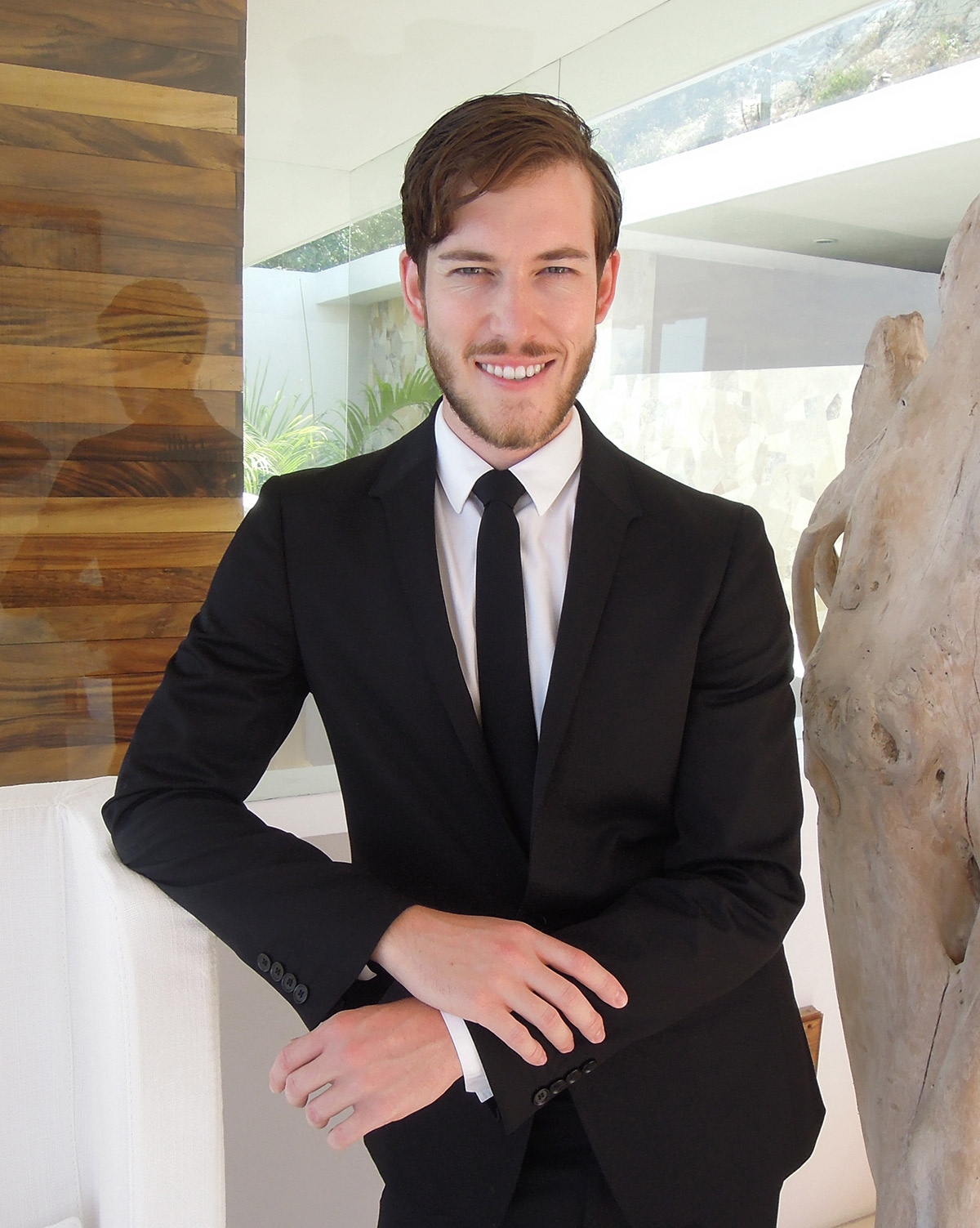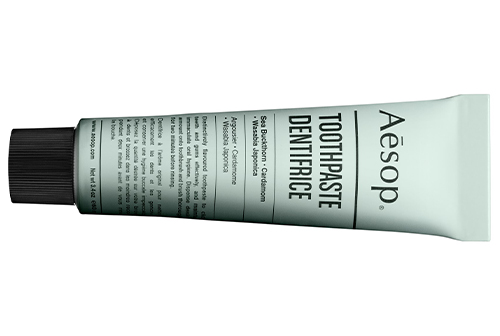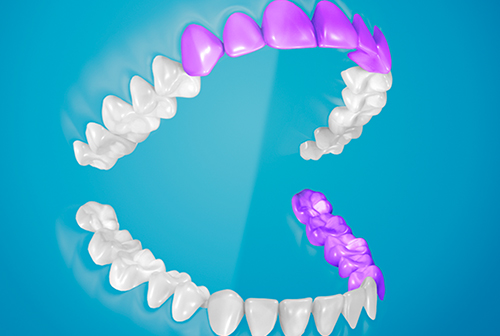
Debunking Dentistry Myths with Dr. Evan Lehnoff, DDS

Oral hygiene tends to be the the middle child of the hygiene pool, often taking a backseat to skincare and matters of the head. And while Charlie Chaplin was quick to note that “You’ll find that life is still worthwhile, if you just smile,” he neglected to mention the uninviting nature of yellowing teeth and visible plaque buildups. We sat down with Dr. Evan Lehnoff, DDS, the youngest in a long procession of dentists in his family, to discuss what we’re (maybe) doing wrong, how to correctly choose a toothbrush, and one of the most effective ways to prevent cavities.
Essential Homme: How often do we actually need to see a dentist?
Dr. Lenhoff: Every six months to catch problems before they get big. If you have gum problems, every four months. A good indication that you’re overdue is if you start bleeding when you brush or floss. Your gums are likely swollen and there’s too much bacteria living on your teeth. The more you delay, the worse it’s going to get.
EH: How often should we buy a new toothbrush? Are the expensive ones better?
DL: There’s no right answer. I’d say every four months is good. If you notice the bristles are spreading apart, then it’s time.
EH: How do we choose a toothbrush? There are a million options…
DL: If you brush properly, it doesn’t matter what toothbrush you use, so long as it’s soft bristled. Most patients do a better job with an electric toothbrush because it’s easier. Sonicare is pretty amazing. Expensive, but worth it. With tootphase, tartar control is the most important thing, [and many] don’t have it. If you want whitening, there are abrasives which have polishing agents and chemicals that contain peroxide. I like the clean feeling of Arm & Hammer. Rembrandt Red if you want whiter teeth.

EH: Are alcohol-free mouthwashes better?
DL: So important. Alcohol causes throat and mouth cancer, [so] you don’t want to be swishing with it every day and night.
EH: What’s the cheapest course of action for rectifying yellowing teeth?
DH: Anything that stains your clothes will stain your teeth: tomato sauces, red wine, tobacco, etc. The cheapest method would be the over-the-counter whitening strips. They work. If you spend around $50 or $60, you’ll get a good product. [But] nothing works as well as the whitening done in a dentist’s office because we use a stronger chemical.
EH: Salmon improves hair texture, and walnuts soften skin, is there a food that improves our dental health?
DH: One of the top ten most effective scientific breakthroughs in health is considered to be fluoridated water. It’s one of the most effective ways to prevent cavities, because it’s very effective at hardening the enamel of your teeth.
EH: What’s the biggest/newest innovation in dental health that’s applicable to our lives?
DL: There’s been so many advances in every part, that’s part of the reason health care costs go up so significantly. The imaging we have now is amazing. It takes a lot of the guesswork out, allowing us to interpret and diagnose so much more appropriately. Another big things are implants, which replace missing teeth. [Implants] have been around for along time, but now we’re able to use them more reliably and know they’re going to work. If you do go to the dentist regularly you can die with all of your natural teeth at 100 now.
EH: What’s a simple thing we can be doing to improve our oral hygiene?
DL: Controlling the way you eat is more important than people realize. Every time you put food in your mouth, it causes your teeth to decalcify for the first thirty minutes, which forms cavities. So for instance if you have a sugary drink, drink it all at once versus sipping it all day. Each sip: cavities thirty minutes, then another sip: cavities thirty minutes. But if you drink it all at once, it eliminates that.
Images courtesy of Dr. Evan Lenhoff, DDS and Tumblr.
















